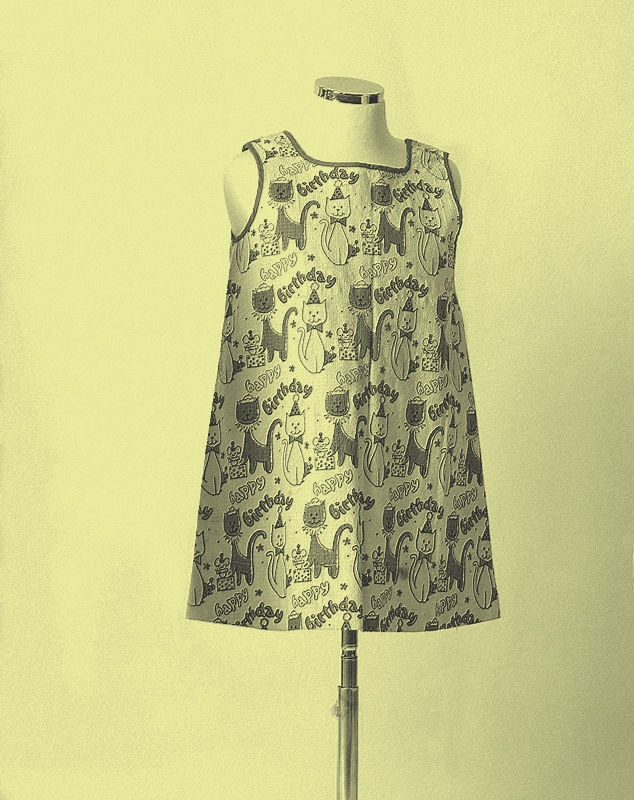- Author : Aude Le Guennec
- Subject: Children's clothing or the entry into history - Investigating the eighteenth century to the present through Western public and private collections.
- Date of defense: December 9, 2016
- Location: University of Paris-Sorbonne (Department of Art History and Archaeology), Paris, France
- Under the direction of : Pierre-Yves Balut
- Jury: Chaired by Anne Monjaret(EHESS, LAHIC), composed of Lou Taylor (University of Brighton) and Régine Sirota (University of Paris-Despartes, CERLIS).
- Additional Information:

Author’s summary
In the body of research devoted to clothing, French children’s fashion remains little studied. However, Western children’s clothing from the 18th century to the present day is abundantly present in the collections of fashion, ethnology and decorative arts museums. Based on the study of these mostly unexploited collections and by crossing them with archives of the clothing industry and testimonies of users, our thesis analyzes the relationship of the child to his clothing. If he possesses the ability to speak, to manipulate and to want, the child when he is born is not impregnated with the customs which found our lives in society. The education of the child consists, in a relation of constant dependence to the adult, to socialize the small of man to make him enter the history. By taking into account the capacity of clothing to dress the identities and to invest the carrier of a particular status, our study considers it as an essential tool of impregnation in the hands of the adult. At the same time, manipulable technical system, set of sensations, object of desires and fantasies, the clothing is used by the child in his way. In order to leave a purely adult look, we sought to deconstruct this process of socialization by analyzing the appropriation of clothing by the child. Thus, crossed with historical, sociological or ethnological data, the study of children’s clothing from French museum collections sheds another light on the history of the child and shows the contribution of material culture to a sociology of childhood, a source of knowledge of the functioning of our society.
